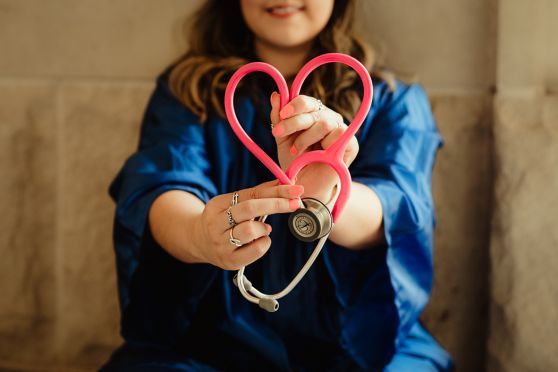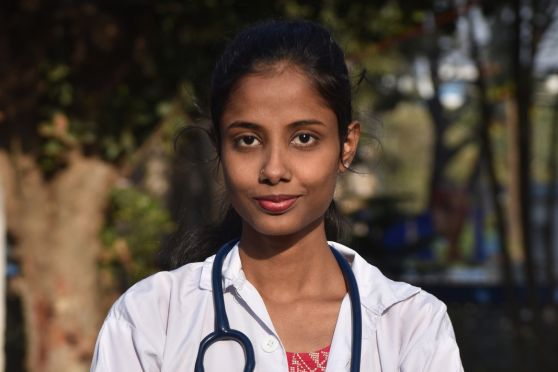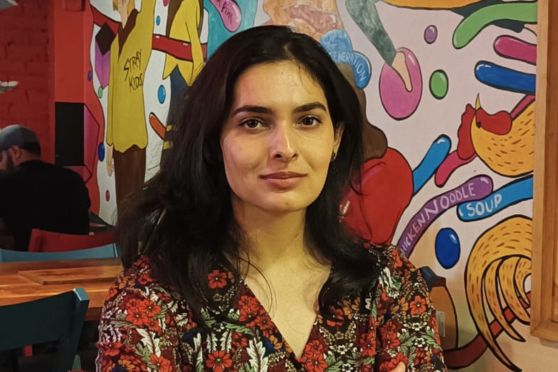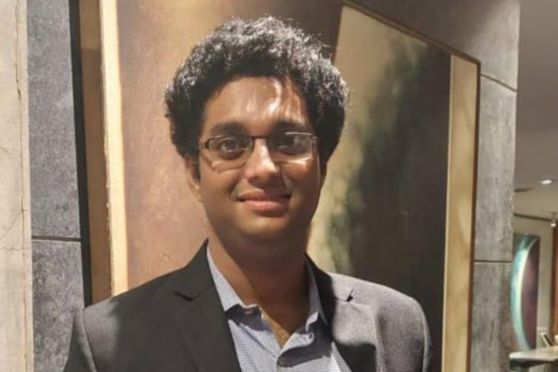National Doctor’s Day 2023: The pursuit and practise of becoming a young healer today


Practising medicine is considered as one of the noblest professions in the world, and is stereotypically a smash hit with asian parents. National Doctor’s Day is celebrated in India on 1 July every year, commemorating the birth and death anniversary of the renowned physician and statesman, Dr Bidhan Chandra Roy. On this occasion, Edugraph sat down with three young doctors across the state, to get a picture of what it is like to pursue and practise medicine in the 2020s.

Swagata Laxmi Kayal completed her MBBS in 2023 from Burdwan Medical College and is currently working as an intern in the same hospital. Speaking of her experience pursuing her undergrad, Swagata says, “You never forget your first and final years… The pressure is immense. The first year is new, but the fourth is a nightmare.”
Bachelor of Medicine is a four and half year course. It is divided into 4 term periods (called years) of 12 months each, except for the second year which is of 18 months. The first two years have non-clinical subjects as part of the curriculum. Clinal courses, which essentially mean studying living patients, begin in the third year, while the fourth is exclusively clinical.
The enthusiasm of the first year gave way under the mounting workload, Dr Kayal recalled. As their entire batch took to the books, she came to face the first of many perils modern medicos face in the country. In her second year, on 11 June 2019, two young doctors were assaulted on the allegation of negligence at NRS Medical College and Hospital, Kolkata, which brought together the medical community in the state and later across the country in solidarity. Interns and junior doctors in medical colleges across the city went on strike for seven days on the demand of a safe work environment for doctors. As a student, Dr Kayal was moved to see the entire community come together and stand by her seniors. Soon afterwards, covid struck, and it was virtual college for the junior semester students. The experience of the interns and junior doctors were harrowing, as we all know by now.
The highlight of Dr Kayal’s third year was the college fest, which she considers to be a good example of how doctors are humans and as such are subject to follies like all. The college fest was organised with more grandeur than usual since it was the first in three years after Covid. “All of us danced through the night, and then returned home leaving our senses of smell and taste behind.” Thankfully the effects were not severe, and the incident was another testament to how effective timely vaccination is against such diseases.
The final year curriculum for MBBS is purely clinical, comprising medicine, surgery, gynaecology and paediatrics. The pressure is immense, and needs to be dealt with deftly, and with professional help and medications if required. Dr Kayal says that she had to take antidepressants to get through the year.
Completing graduation and starting as an intern brought Dr Kayal face to face with the immense patient load in public hospitals. Infrastructure is still lacking when it comes to dealing with the number of people needing medical care in our country, and it is more so in the case of peripheral government hospitals, she says.

When it comes to private hospitals, the situation slightly improves, as Dr Rikhiya Bhattacharya, intern at IQ City Medical College and Hospital, Durgapur, states. Dr Bhattacharya completed her MBBS in 2023 as well. The patient load is significantly lower in the private medical colleges, which mostly have cash patients (a term used when the patient is charged for all the services they receive, which is unlike government hospitals which provide free essential services). If a teacher feels that a certain patient needs to be studied by the students, they are termed as academic patients and turned cashless.
Being a second generation doctor with both her parents being well-established professionals in the field, Dr Bhattacharya says that studying medicine has not changed much since the last generation, other than the fact that more coaching centres have come up. Modernised treatment facilities are available, but as far as studies are concerned, it's still good old hard work that carries medicos through at the end of the day.
Internships are followed by a postgraduate Doctor of Medicine (MD) or Master of Surgery (MS) degree in most cases, something that is very essential for good career prospects at present, as Dr Kayal mentioned. Preparing for the postgraduate medical entrance test (NEET-PG, soon to be replaced by NExT) after completing the daily duties is an exhaustive task.

As someone who has recently completed his MD, Dr Arkajit Dasgupta of 2018-21 batch from SSKM Hospital, Kolkata, says, "There are over 20 specialisations an MBBS graduate can opt for while pursuing MD or MS, and the workload is similar for all. These are high pressure courses and there's no easy subject, especially if you really want to learn and be good at what you do."
Dr Dasgupta deems it necessary for doctors going for post grads to be wary of the prospects of their chosen specialisations. The choice should not be based on suggestions provided by coaching centres or influenced by senior well-established professionals in the field, but rather be a conscious decision that a prospective postgraduate student comes to by interacting with recent passouts and researching the current employability provided by a specific specialisation.
A senior resident at Jhargram Medical College, Dr Dasgupta stressed on the importance of mental health of medicos, in line with Dr Kayal's thoughts. Seeking psychiatric help, if required, is absolutely essential, and something not all doctors are willing to go for. This stigma has to give way to good sense and reason, and medicos themselves, fully knowing the importance of mental well being, should show the way.
The discourse could be drawn to a conclusion at this point, if not for the one important thing that has not been mentioned as of yet. The existence of sexism faced by interns and junior doctors in practising medicine. "We are called sisters and madams, but hardly doctors. When accompanied by a male doctor, it is usually he who gets addressed as the doctor, and we are dismissed as nurses," Dr Kayal expressed. Similar experience has been shared by her fellow practitioners as well. Keeping in mind that the remarks were not made to intentionally hurt anyone's sentiments, it is the outlook of the common mass that should be addressed at this juncture.
On this National Doctor’s Day, Edugraph wishes all medical students and practitioners a safe, healthy and inclusive work environment, where our healers may, if required, always have the opportunity to heal themselves along with all of us.